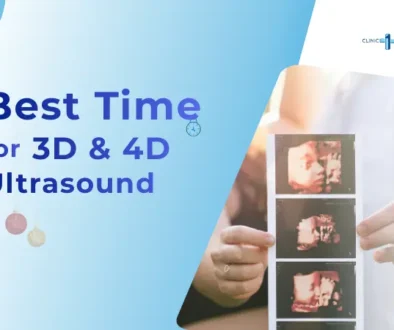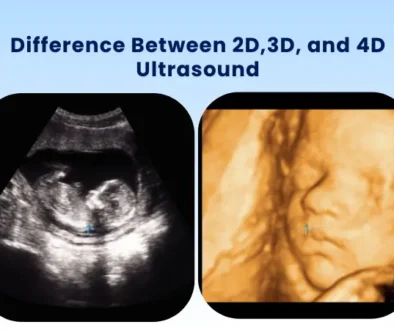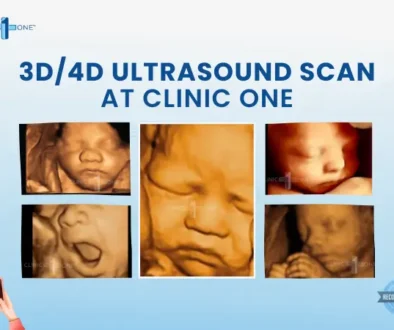10 Symptoms of Low Vitamin D in Females

Last updated on December 11th, 2025 at 01:57 pm
According to a study by NIH, 70.6% of women aged 40 years and above had vitamin D deficiency. This data shows that many females suffer from low vitamin D levels without realising it. Since Vitamin D is essential for the body to maintain overall health, it is crucial to know the symptoms when it becomes low so that it doesn’t affect your daily life.
Hence, this article explores some of the most common symptoms of vitamin D deficiency in females and steps you can take to address it.
Symptoms of Low Vitamin D in Females
Symptoms of low vitamin D in females include fatigue, bone and joint pain, muscle weakness, hair loss, and frequent illnesses. You may also notice weight gain, sleep issues, menstrual irregularities, and slow wound healing.
Below are 10 symptoms you’ll notice when you have low vitamin D.
| S.N. | Symptoms | S.N. | Symptoms |
|---|---|---|---|
| 1 | Fatigue and Low Energy | 6 | Weight Gain |
| 2 | Bone and Joint Pain | 7 | Sleep Issues |
| 3 | Muscle Weakness or Cramps | 8 | Menstrual Irregularities |
| 4 | Hair Loss | 9 | Slow Wound Healing |
| 5 | Frequent Illnesses or Infections | 10 | Mood Changes |
Fatigue and Low Energy
Women with low vitamin D feel tired and lack energy. This makes daily tasks exhausting. Even after resting well, you might still feel worn out very soon. Simple things like climbing stairs or carrying groceries can seem tough, lowering your productivity and enjoyment of life.
Bone and Joint Pain
Vitamin D helps our body take in calcium, which keeps bones strong. You might feel pain in your back, hips, or legs when its levels drop. Your knees and shoulders might ache, too. Over time, this pain could get worse and raise your chances of broken bones or osteoporosis, especially as you age.
Muscle Weakness or Cramps
Low vitamin D can weaken muscles or cause cramps, especially in your legs. This happens because vitamin D supports muscle strength. You might struggle to lift heavy items, climb stairs, or stand up from a chair.
Hair Loss
Low vitamin D can lead to thinning hair. This nutrient keeps hair follicles healthy; without enough, you might lose more hair. You could notice extra hair in your brush, shower, or pillow. Hair might also grow back more slowly, making it look thinner.
Frequent Illnesses or Infections
Vitamin D strengthens your immune system. When it’s low, your body struggles to fight off sickness. Low vitamin D might be the reason you keep catching colds or other infections. You could face more respiratory illnesses or take longer to get better, especially during flu season or busy times.
Weight Gain
Low vitamin D might cause unexplained weight gain in some women. This nutrient helps control metabolism and fat storage. Even if you eat well and exercise, you might still gain weight. This can also make you feel slow, making it harder to stay active.
Sleep Issues
Low vitamin D can make it tough to fall asleep or stay asleep. This nutrient helps regulate your sleep routine. You might toss and turn, wake up often, or feel tired even after sleeping all night.
Menstrual Irregularities
Low vitamin D can mess with your hormones, causing irregular or missed periods or worse PMS symptoms. Your periods might become abnormal and may come early, late, or change in flow. Furthermore, bloating, cramps, or moodiness could feel stronger, making your monthly cycle harder to handle.
Slow Wound Healing
Vitamin D helps your body heal wounds. When it’s low, cuts or bruises take longer to go away. A small scratch might stick around for weeks, or bruises might fade slowly. This delay can raise infection risks or leave scars, hinting at a problem with healing.
Mood Changes and Depression
Low vitamin D can bring mood swings, grumpiness, anxiety, or sadness. This nutrient supports brain health and keeps your mood steady. You might feel low, get upset easily, or worry a lot.
What Should You Do If You Notice These Symptoms?
If you recognise these symptoms, consider the following steps:
- Have safe sun exposure.
- You should add vitamin D-rich foods such as eggs, mushrooms, fatty fish, and fortified dairy products to your diet.
- If necessary, take vitamin D supplements after consulting a doctor for the appropriate dosage.
- Consult with a doctor to check your vitamin D levels through a blood test or sometimes an X-ray to confirm a deficiency.
Boost your health today; schedule a vitamin D check at Clinic One!
Why Females Are at Higher Risk?
- Ageing and Hormonal Changes: Pregnancy, menopause, and ageing can affect vitamin D absorption and increase the risk of deficiency.
- Limited Sun Exposure: Spending less time outdoors reduces the body’s ability to produce vitamin D.
- Obesity: Higher body fat can sequester vitamin D, making it less available.
- Skin tone and geographic location: Darker skin tones and living in areas with less sunlight can reduce vitamin D synthesis.
- Dietary Choices: Diets lacking in vitamin D-rich foods can contribute to deficiency.
Conclusion
Low vitamin D levels can significantly impact a female’s health, causing symptoms like fatigue, bone pain, and mood changes. If you notice these signs, take action by getting tested, adjusting your diet, and spending time in the sun. Address these issues immediately, as it can help your body feel at its best and prevent long-term health issues.
Visit Clinic One for personalised care and expert guidance if you notice the above symptoms. Our dedicated team offers comprehensive vitamin D testing and treatment plans to support your wellness journey. Take the first step towards better health with us. Book an appointment today!!
FAQs
What will happen if vitamin D is very low?
Severe deficiency can lead to bone disorders like osteoporosis, weakened immunity, and chronic fatigue.
Which food is rich in vitamin D?
- Fatty fish (salmon, mackerel, sardines, tuna).
- Cod liver oil.
- Egg yolks.
- Fortified foods (milk, orange juice, cereals, and plant-based milk alternatives).
- Mushrooms exposed to UV light (e.g., shiitake mushrooms).
Are bananas high in vitamin D?
No, bananas are not a source of vitamin D. They are rich in potassium, magnesium, and fibre, but do not contain vitamin D.
How to check vitamin D at home?
Home test kits are available, but a lab test ordered by a doctor is more accurate.
Does low vitamin D cause weight gain?
Yes, vitamin D deficiency can lead to weight gain by affecting metabolism and fat storage. It also increases appetite or cravings due to hormonal imbalances.
Can we take vitamin D3 tablets daily?
Yes, but the dosage depends on your age, health status, and deficiency level. Always consult a doctor before starting supplements.
How long does it take to recover from vitamin D deficiency?
Proper treatment (supplements, sunlight, diet) may take a few weeks to months to restore normal levels. Severe cases may require longer, depending on the individual’s health and adherence to treatment.


